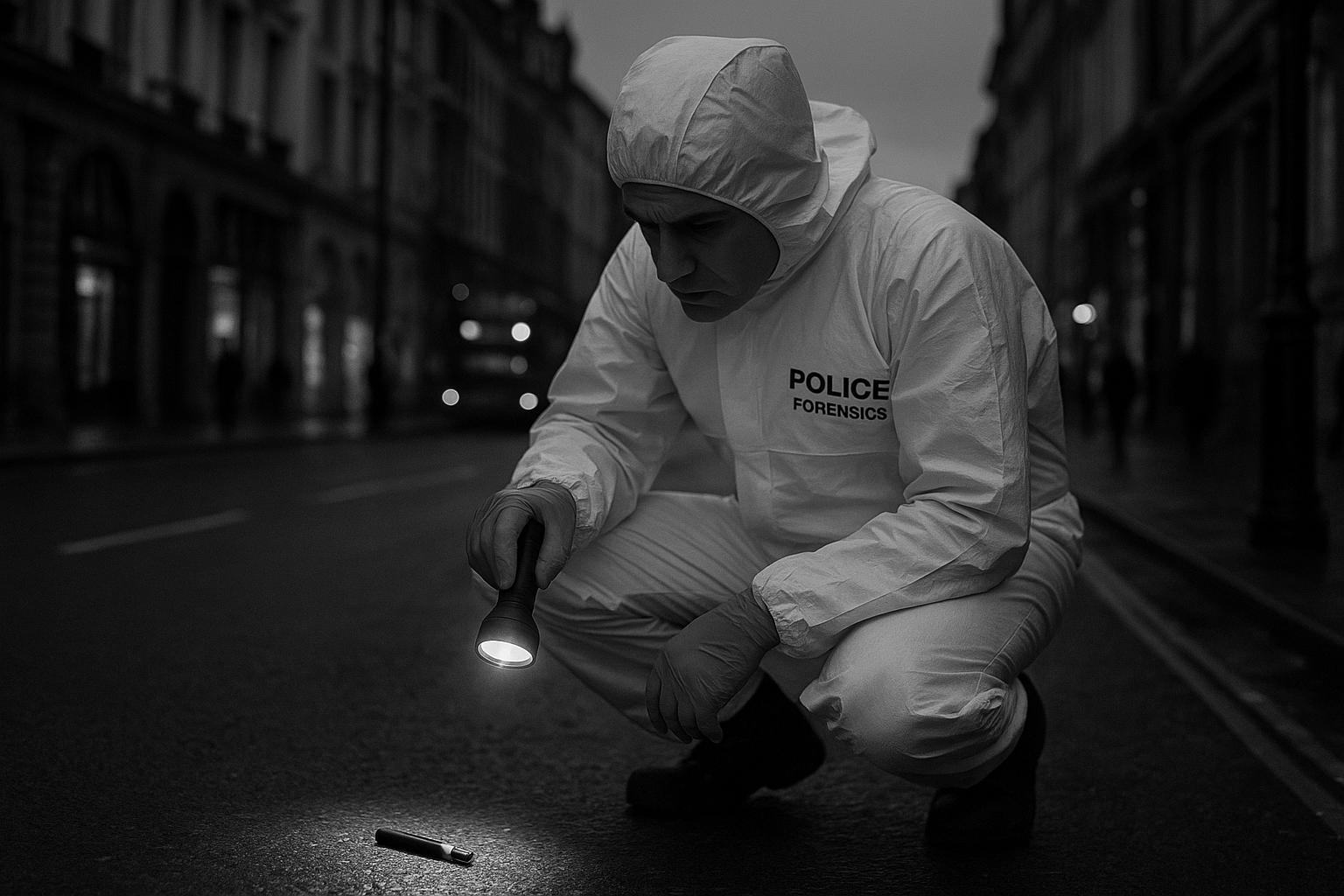New technological tools are being deployed by the Metropolitan Police Service to address a troubling rise in vape-spiking incidents across London. These innovative detection devices, including near infra-red testers capable of identifying controlled substances such as THC and Spice in vapes, powders, and tablets, form part of a concerted crackdown targeting nightlife venues, party boats, and social settings where such offences frequently occur. Deputy Assistant Commissioner Ben Russell highlighted the urgency of the problem, referencing a harrowing case in south-east London where children as young as 14 were hospitalised after cannabis products were placed in their vape devices.
According to the Met, these new detection methods are being trialled in nightclubs, festivals, concerts, and even schools to quickly identify tampered vapes, a growing concern given reports of devices being shared or handed out in social situations. The use of mobile drug-testing technology, linked to mobile phone apps for rapid identification, enhances the police’s ability to respond swiftly to this insidious form of spiking. Officers from the Marine Support Unit, alongside licensing teams, drugs dogs, safer transport officers, and the Violence Against Women and Girls team, have been actively conducting operations on party boats on the Thames, particularly during events like Freshers Week, a prime time for such offences.
Spiking is overwhelmingly a crime against women and girls, with recent data showing that 66% of reported victims in August 2025 were female. The issue is most acute around busy nightlife areas such as Westminster and the West End, which account for 17% of spiking reports. The Met received over 2,000 allegations of spiking within a year-long period from March 2024 to March 2025 but acknowledges that the real incidence rate is likely much higher due to under-reporting. This intensification of police activity aligns with a national enforcement week coordinated by the National Police Chiefs’ Council (NPCC) and supported by the Home Office, which funds such initiatives to evaluate and enhance anti-spiking measures.
Home Office Minister Jess Phillips, present during a recent police operation on the Thames, reinforced the government’s commitment to tackling spiking through innovative tactics, victim support, and legislative changes. This includes specialist training for nightlife venue staff and the introduction of a new criminal offence specifically addressing spiking. The national Spiking Intensification Week, which cost the Home Office £100,000, aims to elevate awareness and help police forces deploy effective countermeasures. This investment underscores the importance of adapting to evolving methods of spiking, which now include substances administered via vape pens, a practice that has surged in recent years.
Former Love Island contestant Sharon Gaffka, who has campaigned for stronger spiking laws after her own experience of drink spiking five years ago, joined police during the operation to witness the new detection technology in action. She emphasised the evolving nature of spiking crimes—from traditional drink spiking to newer forms involving vapes and needles—warning that without proactive innovation, law enforcement risks falling behind offenders.
The problem of spiking is multifaceted, involving rapid drug metabolism and limited physical evidence, which complicates investigations and prosecutions. Police across the UK have been stepping up engagement with licensed premises, training staff, and raising public awareness to curb the offence. For example, West Mercia Police and Sussex Police have both participated in national anti-spiking efforts, employing covert tactics and distributing protective items such as anti-spiking drink covers.
With over 6,700 spiking offences reported in England and Wales in the year leading up to May 2023, averaging about 561 incidents each month, according to the NPCC, the rise of vape-related spiking marks a new and challenging frontier. The Metropolitan Police’s adoption of rapid detection technology and collaborative operations represents a significant evolution in tackling a crime that disproportionately harms young people and women, aiming to make London’s nightlife and social environments safer for all.
📌 Reference Map:
- Paragraph 1 – [1], [2], [7]
- Paragraph 2 – [1], [2]
- Paragraph 3 – [1], [2]
- Paragraph 4 – [1], [3], [5]
- Paragraph 5 – [1], [7]
- Paragraph 6 – [1]
- Paragraph 7 – [3], [4], [6], [5], [7]
Source: Noah Wire Services
